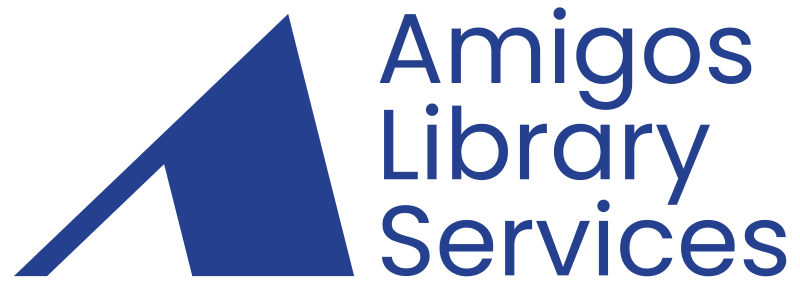The Essentials: Customer Service
Customer service expectations across industries are changing rapidly – and that trickles into libraries at the very same moment many are contending with reduced staffing and funding levels. But good service equates to more than just smooth transactions and satisfied customers. It helps build support and advances the relationship between the library and the community it serves.
